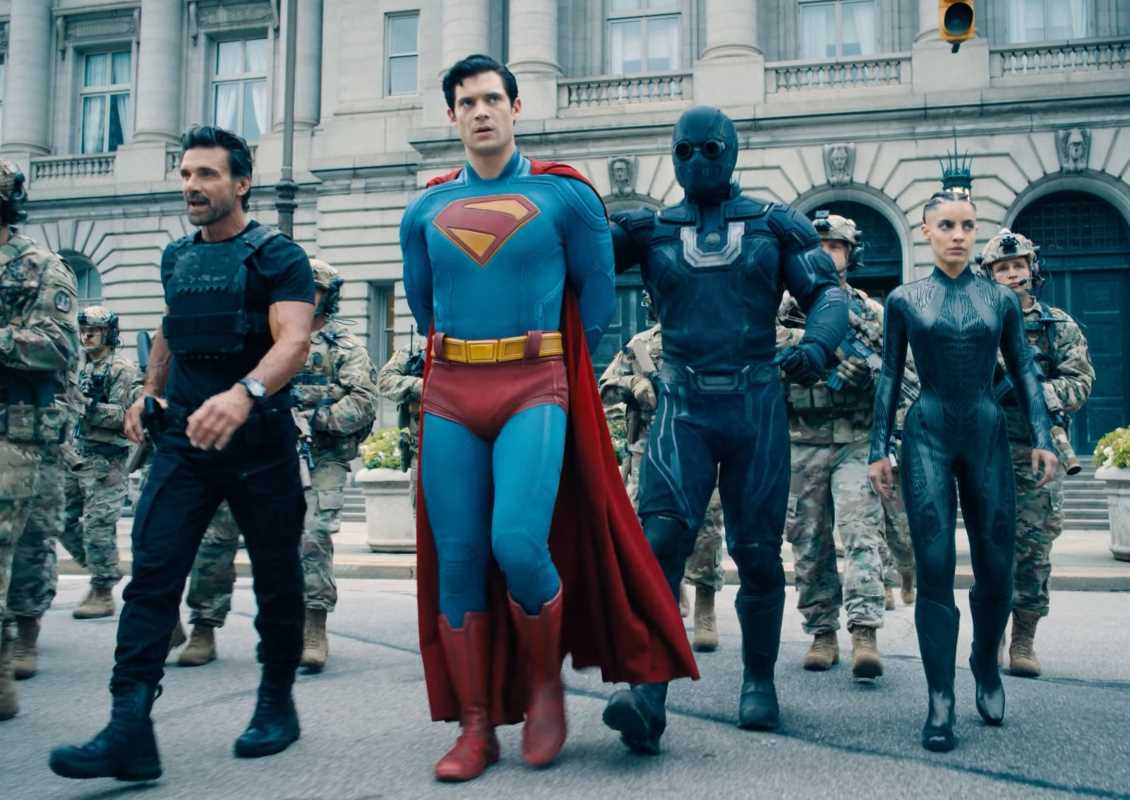Books have the power to change the way we see the world. They tell stories, challenge our beliefs, and allow us to experience lives completely different from our own. Yet for years, some voices have been left out of these stories. Marginalized communities—including those with different racial, cultural, economic, and gender identities, as well as people with disabilities—have often been silenced or misrepresented in literature. Fortunately, this is beginning to change.
A new wave of authors is stepping up to give voice to the voiceless, telling stories that reflect the diverse world we live in. These writers are shining a light on issues that are often ignored, creating characters who feel real and relatable, and challenging readers to think more deeply. Through raw honesty and unique perspectives, they’re proving that everyone’s story deserves to be heard. But who are these authors, and why is their work so important? Let's explore.
Why Representation in Stories Matters
Before we dig into the authors making an impact, it’s worth understanding why these efforts are so crucial. After all, why does it matter who writes the stories we read?
1. Seeing Yourself in the Pages
For many people from underrepresented communities, reading a book and finally seeing themselves reflected within it can be life-changing. When characters share your struggles, identity, or experiences, it validates your existence and makes you feel seen. Representation isn’t just about being included; it’s about acknowledging that your story is worth telling.
2. Bridging Gaps Between People
Stories are incredible tools for building understanding. They give readers a glimpse into the lives of people they might not otherwise meet, breaking down stereotypes and encouraging empathy. For example, understanding the challenges of someone living with a disability, or someone experiencing systemic racism, can change perspectives and foster kindness in everyday interactions.
3. Changing the Narrative
When certain voices are missing from the literary world, it creates a skewed version of reality. For decades, people without power or privilege have been written about as side characters, or in stereotypical, one-dimensional ways. New authors are changing this by reclaiming their own narratives and telling authentic, multidimensional stories.
Groundbreaking New Authors to Watch
Here’s a look at some authors who are bringing fresh perspectives to the table and creating space for marginalized voices in the literary world.
1. Angie Thomas
Known for her groundbreaking debut novel The Hate U Give, Angie Thomas portrays young Black teens navigating systemic racism, police brutality, and the complexities of identity. Through Starr Carter, the protagonist of The Hate U Give, Thomas tells a story that resonates deeply with readers while shedding light on real-life issues faced by Black communities. Her work isn’t just a novel; it’s a conversation starter that has inspired activism and awareness around the world.
2. Ocean Vuong
Ocean Vuong’s On Earth We’re Briefly Gorgeous is a poetic exploration of immigration, identity, and family. The novel, written as a letter from a Vietnamese American son to his mother, dives into trauma, queerness, and the legacy of war. Vuong’s lyrical style and ability to tap into raw emotions make his work unforgettable, giving voice to both immigrant experiences and LGBTQ+ narratives.
3. Elizabeth Acevedo
Dominican-American author Elizabeth Acevedo creates stories that celebrate culture, challenge norms, and uplift young women. Her debut novel, The Poet X, follows a teen expressing herself through slam poetry, navigating life as a Dominican girl in Harlem. Through her work, Acevedo captures the experience of balancing two cultural identities while addressing universal themes like self-expression and belonging.
4. Marieke Nijkamp
Marieke Nijkamp is known for breaking barriers in the literary world, especially for disabled and neurodivergent representation. Her books, like Even If We Break, feature diverse casts of characters, offering authentic and heartfelt portrayals. Nijkamp herself is disabled, and her work brings much-needed representation and nuance to disabled experiences, helping readers understand the beauty and challenges of different abilities.
5. Tommy Orange
Tommy Orange’s debut novel, There There, is an essential read in modern Native American literature. The book tells the interconnected stories of Native people living in urban Oakland, California, exploring themes of identity, displacement, and belonging in the modern world. Orange’s work challenges stereotypes, offering readers a layered and deeply human view of Native experiences.
How These Stories Create Change
The impact of authors amplifying marginalized voices goes beyond the page. Here’s how these stories are changing the world:
1. Sparking Conversations
Books like The Hate U Give and There There have sparked important discussions about systemic racism, cultural erasure, and identity. They give readers a starting point to talk about issues that are often taboo or overlooked, creating opportunities for education and change.
2. Building Communities
Representation in books also fosters community among those with shared experiences. Readers often connect with both the author and the characters, leading to discussions, book clubs, and online communities where supportive conversations can flourish.
3. Educating Future Generations
When these stories are included in school curriculums or widely read by young people, they help shape how future generations understand diversity, empathy, and justice. Literature has a powerful way of imprinting values, and inclusive books inspire readers to believe in equality and fight for it.
The Challenges These Authors Face
While the rise of new voices in literature is exciting, the path isn’t always easy. Many marginalized authors face unique challenges in the publishing world.
1. Breaking Through the Industry’s Gatekeeping
Publishing has traditionally been dominated by a narrow range of voices, leading to gatekeeping that makes it harder for marginalized authors to break in. While change is happening, many writers from underrepresented communities still struggle to gain visibility and opportunities.
2. Pressure to “Represent” Entire Communities
Once an author becomes known for writing about their identity or culture, there’s often pressure to speak for their entire group. This can be exhausting and limiting, as no single person can capture the full diversity of any community. It’s important to remember that every author has their own story to tell, and one’s perspective doesn’t define the whole.
3. Backlash and Criticism
Authors tackling difficult subjects or challenging norms are often met with backlash, especially in the age of social media. Unfortunately, this can intimidate some writers or disrupt the necessary conversations their work generates.
What Readers Can Do
Supporting marginalized authors and their work is one way readers can help create a more inclusive literary world. Here are a few ways to get started:
- Read Diversely: Make an effort to read books by authors from different backgrounds, especially those whose voices are often underrepresented.
- Share and Recommend: Talk about the books you love online, in book clubs, or with friends. Word of mouth helps amplify authors and brings their stories to new audiences.
- Support Independent Publishers: Smaller presses often take more risks in publishing diverse voices. Supporting them can make a big impact.
- Engage in Conversations: Use the stories you read to start discussions, ask questions, and challenge your assumptions about the world.
 (Image via
(Image via





